The Ultimate Test: How Lyft's CEO Uses a Jeff Bezos-Inspired Question to Find the Perfect Hire
In a world where technology is constantly evolving and customer expectations are always shifting, landing a job in tech can feel like trying to find a needle in a haystack. But for David Risher, CEO of ride-hailing giant Lyft, finding the right candidate isn't just about checking boxes on a resume – it's about seeing if they can put themselves in the shoes of a customer.
Risher's approach is inspired by none other than Jeff Bezos, founder of Amazon and one of the most successful entrepreneurs of our time. According to Risher, Bezos once told him that customers are fickle, and companies must innovate on their behalf every day. It's a mantra that has stuck with Risher, who uses it as a guiding principle in his hiring process.
One of the most innovative – and challenging – interview questions Risher asks potential hires is to design a car for a deaf person. Sounds simple enough, but this prompt requires more than just technical know-how; it demands empathy, creativity, and a deep understanding of what it means to be customer-centric.
"I want to see the candidate close their eyes and ears and imagine what that feels like," Risher explained in an interview with the Wake-Up Call at Work newsletter. "Then I want them to describe the experience to me in detail, including what someone in that position might need."
This question is more than just a clever trick – it's a test of whether a candidate can truly put themselves in the shoes of a customer. And for Risher, there's no better way to gauge this ability than by asking them to design a car from scratch.
But why cars? Why deafness? The answer lies in the fact that designing a car for a deaf person requires not just technical expertise but also a deep understanding of what it means to be customer-centric. It's about considering every detail, from the way the car sounds (or doesn't sound) to the way it responds to touch.
For Risher, this question is more than just an interview technique – it's a reflection of his company's values and mission. At Lyft, innovation is not just about building new features or products; it's about creating experiences that are tailored to the needs of every customer.
As we look to the future of work, where AI and automation are reshaping corporate landscapes, Risher's approach offers a valuable lesson for companies looking to stay ahead of the curve. In an era where technology is constantly evolving, the ability to innovate on behalf of customers is more important than ever.
For those who make it through Risher's interview process, there's a chance to join a company that's truly committed to customer-obsessed innovation. And for those who don't – well, they might just find themselves back in the haystack, searching for a needle that's increasingly hard to find.
The Human Side of Innovation
But what about the human side of innovation? What does it take to design a car for a deaf person? We spoke with several Lyft employees who have gone through Risher's interview process and emerged on the other side with a new perspective on customer-centricity.
"It was like being put in someone else's shoes," said Emily Chen, a product designer at Lyft. "I had to imagine what it would be like to not hear the sound of the car door opening or the horn honking. It was a really humbling experience."
For Chen and others who have gone through Risher's interview process, designing a car for a deaf person is more than just a technical challenge – it's an opportunity to tap into their creative potential.
"It's not just about building a product; it's about creating an experience that people will love," said Chen. "And that's what makes working at Lyft so rewarding."
A New Era of Customer-Centricity
As we look to the future of work, Risher's approach offers a valuable lesson for companies looking to stay ahead of the curve. In an era where technology is constantly evolving, the ability to innovate on behalf of customers is more important than ever.
For those who are willing to take the challenge, there's a chance to join a company that's truly committed to customer-obsessed innovation. And for those who don't – well, they might just find themselves back in the haystack, searching for a needle that's increasingly hard to find.
In the end, Risher's approach is not just about finding the perfect hire; it's about creating a culture of innovation and customer-centricity that will drive success in an ever-changing world.
*Based on reporting by Fortune.*
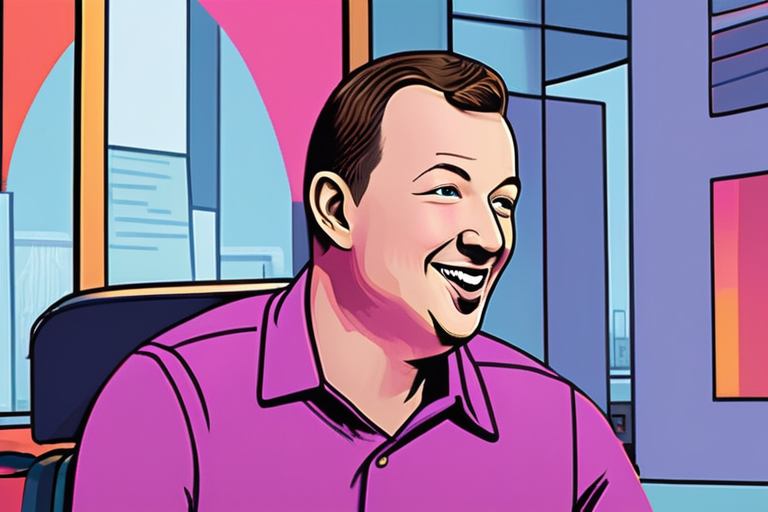

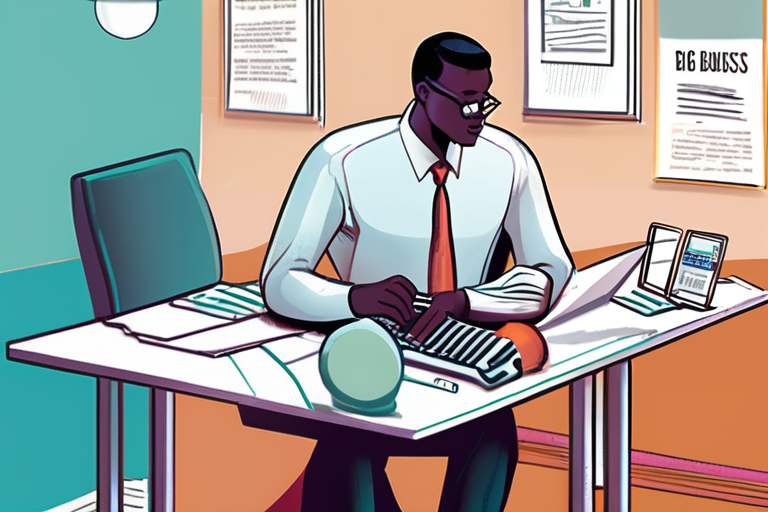
 Hoppi
Hoppi
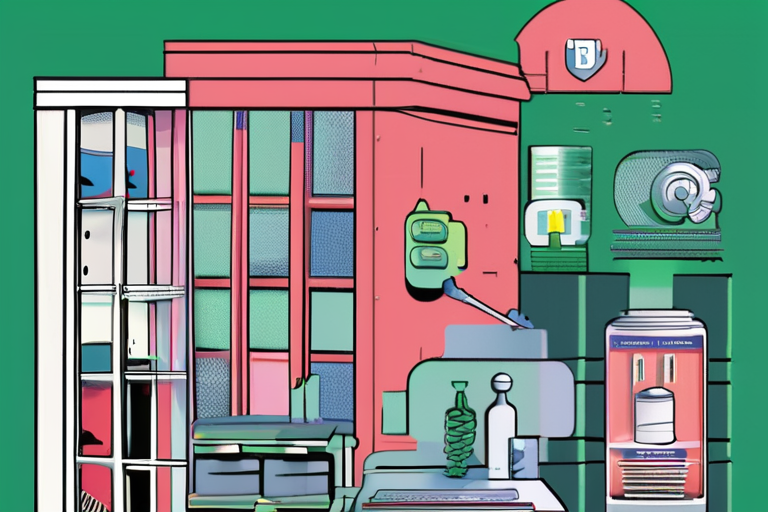
 Hoppi
Hoppi
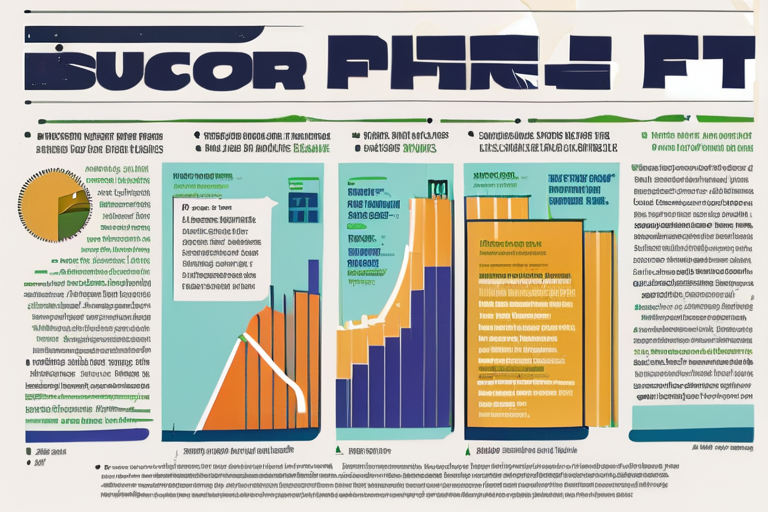
 Hoppi
Hoppi
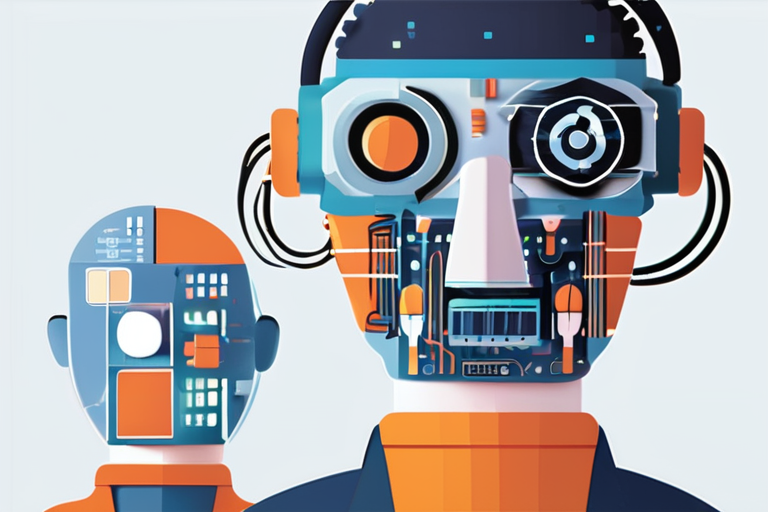
 Hoppi
Hoppi
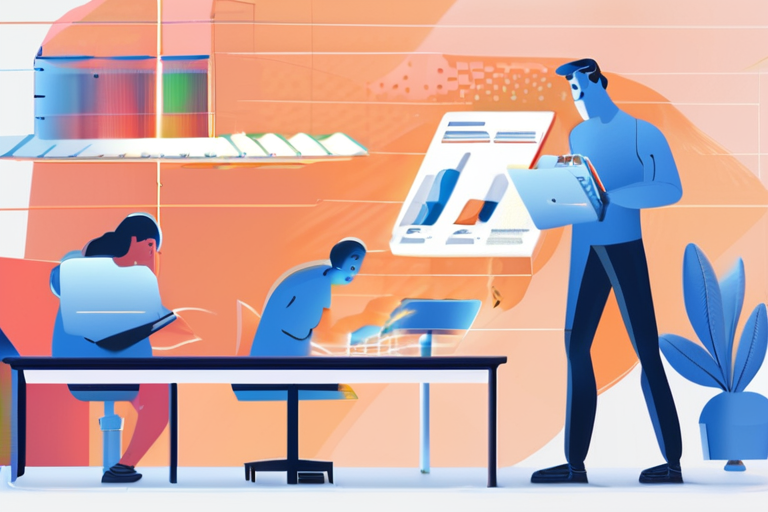
 Hoppi
Hoppi
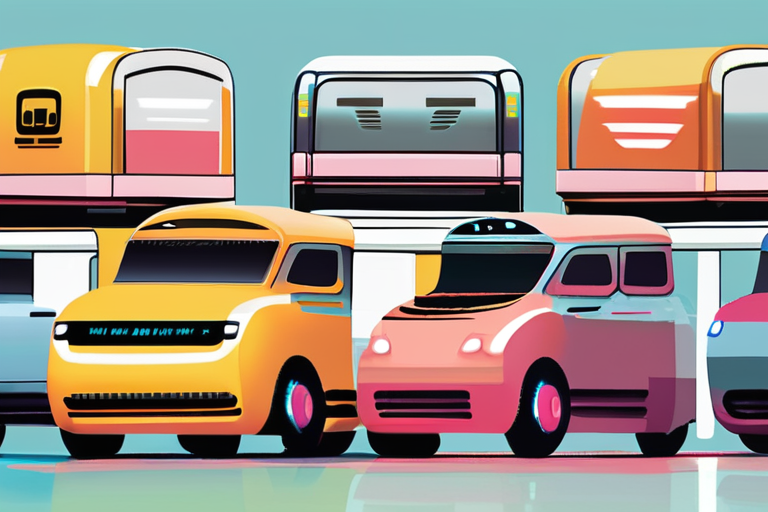
 Hoppi
Hoppi











